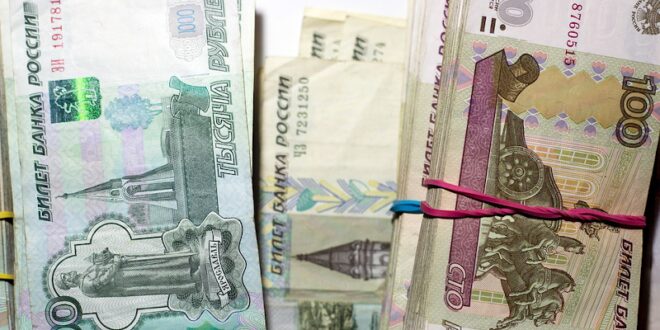Despite strong early pledges to sanction and track the illicit wealth of Russian elites following the invasion of Ukraine, the G7 and other leading economies’ rhetoric does not match reality, according to an analysis of Transparency International analysis released on May 24.
Governments claimed to understand the urgent need to cooperate, quickly announcing plans to jointly track and freeze their assets through the Russian Elites, Proxies, and Oligarchs (REPO) Task Force in March. Yet despite some high-profile yacht seizures, authorities continue to struggle to track down and confiscate suspect assets, from company shares to hedge funds and private jets to lavish properties in the West.
Transparency International’s new study, Up to the task? The state of play in countries committed to freezing and seizing Russian dirty money, reveals what is holding up their progress. It finds that authorities across the G7 lack information, capacity and powers to track down illicit wealth. As things stand, governments will also face significant legal challenges when attempting to confiscate and return these assets to the victims of corruption.
In addition to six of the G7 countries—Canada, France, Germany, Italy, the United Kingdom and the United States—the report also assessed Australia and the Netherlands as they have joined a dedicated working group of financial intelligence units. It found that kleptocrats still have ample opportunities to hide their assets across borders.
In particular, most countries’ real estate sectors in these countries are still vulnerable to dirty money due to a significant loophole that allows for anonymous ownership of properties through foreign companies. What’s more, even if assets are successfully identified, they can only be frozen for so long. And yet most countries insufficiently resource units and have few mechanisms for legal asset forfeiture.
Many of these barriers have been known to these countries for decades. The study shows there has been little progress since 2004, when the G8 recommended steps for easier tracing of criminal assets. Transparency International is calling on the G7 to build on their own findings along with our urgent recommendations and develop a clear action plan to find and stop the flow of dirty money.
This week, Transparency International is delivering to these governments a change.org petition with signatures from 118 thousand people from more than 100 countries, demanding justice. Kleptocrats must have nowhere to hide, no one to help them and no impunity.
Maíra Martini, corrupt money flows expert at Transparency International, said: “The G7 must stop dragging their feet and step up. The same gaps that allowed kleptocrats to amass and hide their vast illicit wealth are now preventing even the most willing authorities from finding it. They need to match their ambitious rhetoric of holding Russian elites accountable with real, hard work to fix the broken systems.
“These countries must invest sufficient resources and empower authorities with mandates to trace and confiscate the assets that are directly linked to crimes. This cannot be a short-term effort: governments must make these task forces permanent to help route out all dirty money beyond the current crisis. It’s time for kleptocrats to pay the price.”
 Eurasia Press & News
Eurasia Press & News



